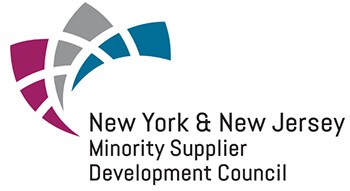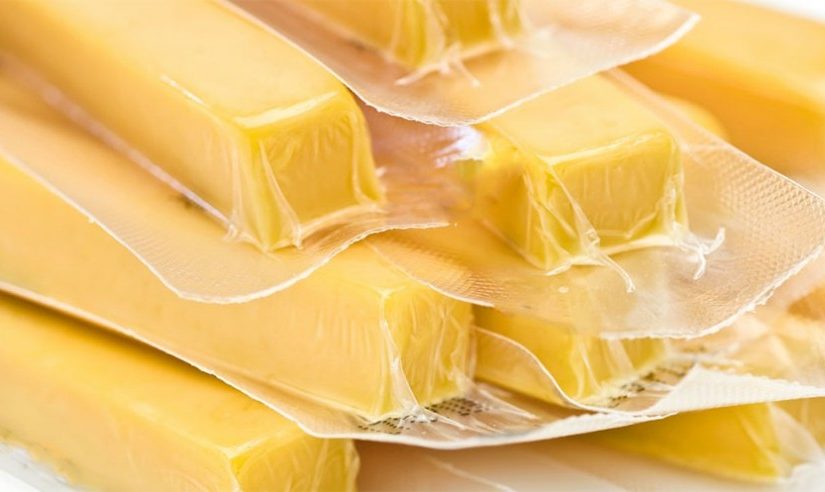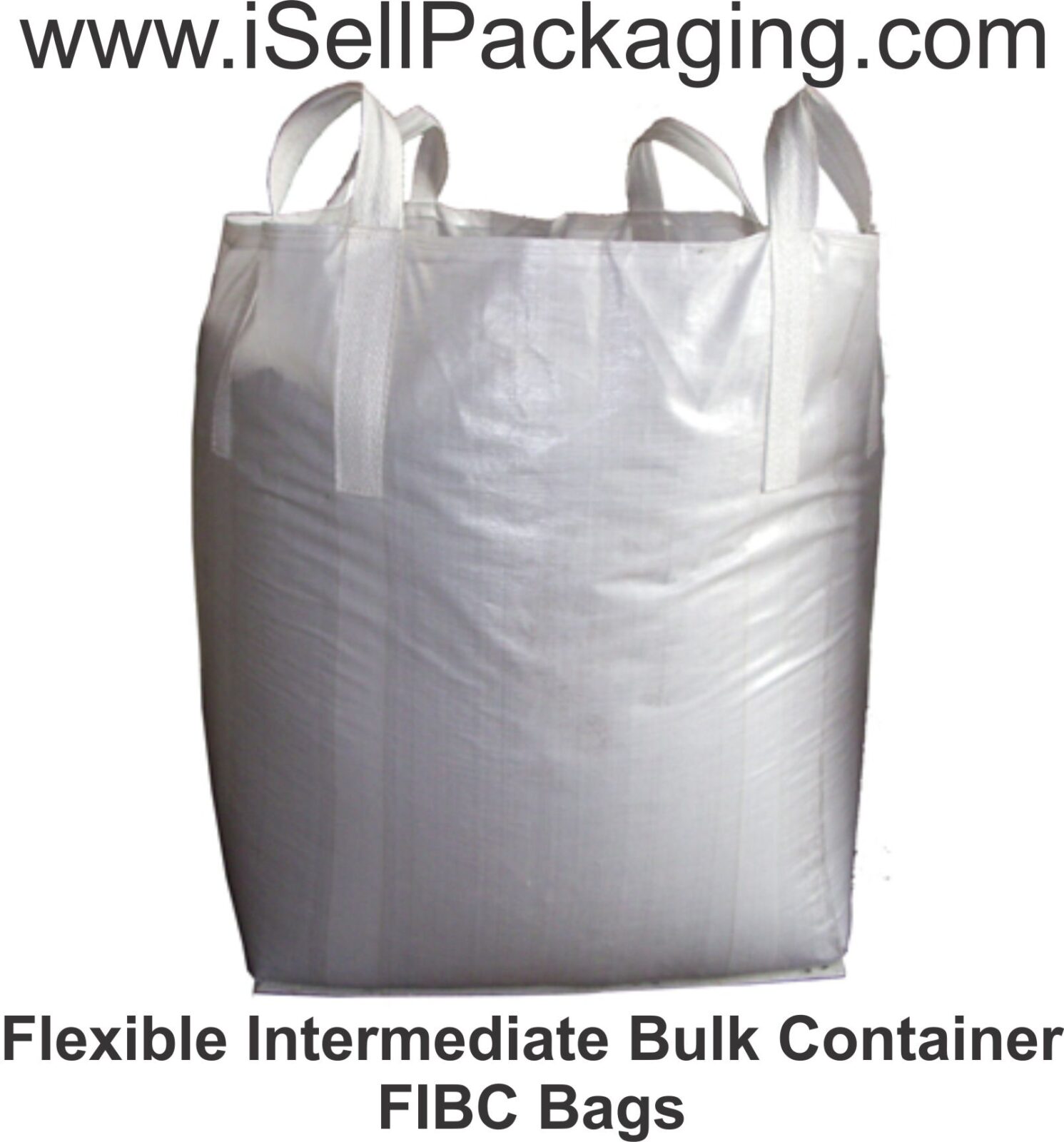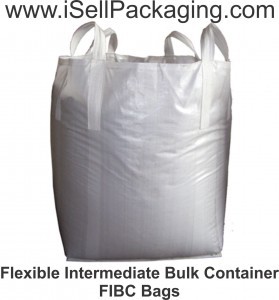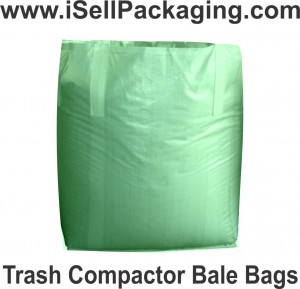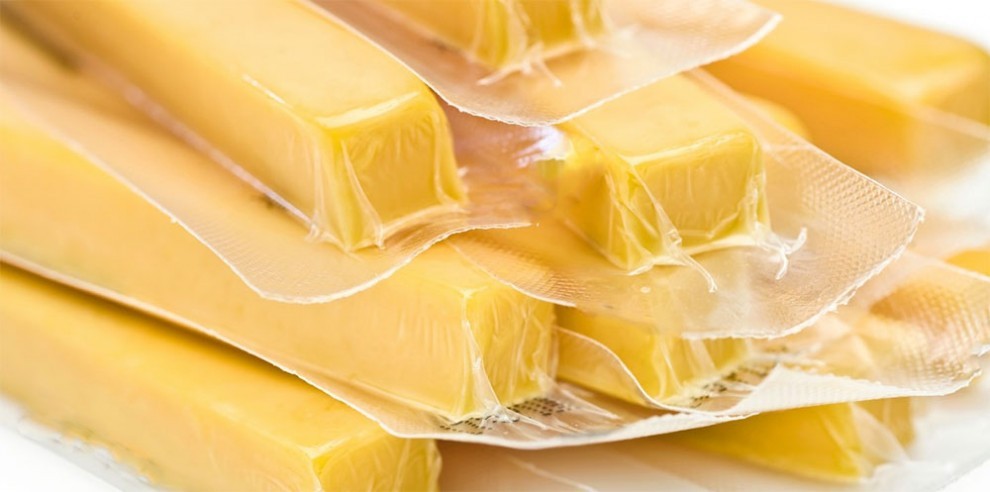
Have you ever thought over these things while opening the wrap of a food product?
- The packaging will go to the landfills, adding up to the 60 billion pounds of wastage being collected annually.
- The leftover of your food will add up to the 40% food waste.
- Plastic packaging may contaminate the food inside.
These things are translated into three key concerns—plastic waste, food waste, and plastic packaging which contaminates food.
All of them are mostly associated to the food we eat.
And the solution lies in the food itself.
The excess food will be used in future to make food packaging. This way, it will not only minimize plastic waste, but also turn out to be a safe and chemical free option for food packaging. It is being termed as edible or bio-gradable food packaging.
It is somewhat like killing three birds with one stone!
Many entrepreneurs and researchers have working to create a packaging from foods like milk, tomato peels, kelp, and mushrooms.
How Edible Food Packaging Will Be Like?
This new kind of packaging will be edible and soluble as well, given that it is prepared from food. For example, The United States Department of Agriculture is developing a material from milk protein, which can be used to line pizza boxes which look like extra cheese. Likewise, there may be soluble soup packets that can be simply dipped in hot water. Another striking benefit is that edible food packaging can be used for plants as fertilizer.
Edible Food Packaging is ready to make its Way to Market from Labs!
Evowarel, an Indonesian enterprise, has created an edible packaging from seaweed which can be eaten along with the food products. Termed as edible grade bioplast, these packaging are said to be rich in fiber, vitamins and minerals. However, they are tasteless, odorless and can last for years. The enterprise has considered its edible packaging fit for coffee, seasoning sachet, burger/rice wrap and sugar.
Italian researchers, on the other hand, are using tomato skins to create a polish that can protect food packaged in the metal cans.
Ecovative has come with it its packaging materials that are made from mycelium fungus found in mushrooms.
At Harvard, the Wyss Institute for Biologically Inspired Engineering has obtained chitosan, a polysaccharide, from shrimp and lobster shells and blended it with silk fibers to make a substitution for plastic packaging, termed as Shrilk.
Skipping Rocks Lab, a British start-up, has been working over an edible water bottle named as Ohoo. It is being prepared from edible seaweed. The company is looking forward to create edible containers to hold juices, cosmetics and other liquids.
But Clouds of Skepticism are also there…
Unarguably, edible food packaging will be a great step in protecting health and environment from plastic and lowering the food waste. However, it is surrounded by various concerns regarding its usage and market adaptability.
For example, The Agriculture Department has tried to build milk protein based films over a decade ago. But they had to shelve the project as they failed to find customers for this product. Big firms like PepsiCo and Nestlé are also doubtful about the success of such type of packaging.
“Some of the stuff out there is just gimmick. They sound nice but will never be cost-competitive or, in a final analysis, don’t have the impact on waste or the environment that the people making them a promise.”said David Strauss, the head of packaging in Nestlé’s US operations.
Nestlé also raised the issue of food security associated with edible food packaging as they believe that it would lead to widespread hunger. “It’s no good to package our products in a packaging that could instead have been used to feed people,”Mr. Strauss expressed his concern.
Will biodegradable or edible food packaging withstand harsh weather? Can they keep food quality intact? Will their content seep into the packed food?
These are some questions that should be answered in order to convince the suppliers and customers to buy food products with edible packaging. As they said that every cloud has a silver lining.
The organizations and researchers are doing their best to make edible packaging ideal for common use like its plastic counterparts.
